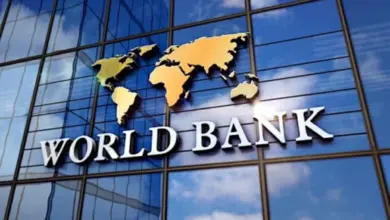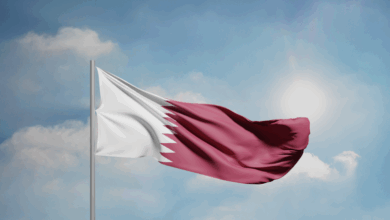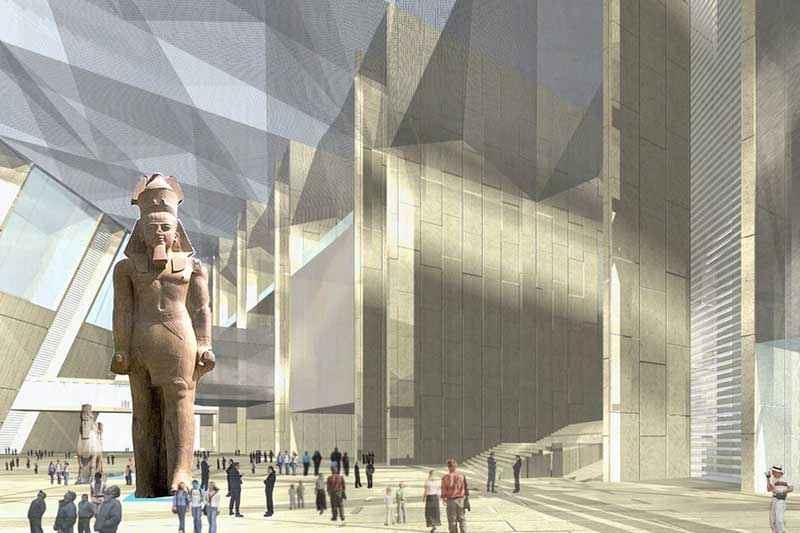With the shock of 2008 financial crisis continuing to reverberate and more recent sovereign debt crises threatening European countries, investors have begun holding up the banner of Africa, considering its potential for massive returns on investment, abundance of resources, and room for growth.
African has been held up as investors’ last great frontier. This is especially pertinent to Egypt ― a country that has long considered itself as a continental leader and heavyweight. Two events ― South Africa’s hosting of the World Cup and the current disagreement over the Comprehensive Framework Agreement on Nile water usage ― have served to galvanize Egyptians into action regarding the continent on which we make up a large population, yet do not fully embrace. The average Egyptian sees him or herself alternatively as Arab, Muslim, Christian or Egyptian before identifying as African. It is a sad sign of contempt for the rest of the continent and a consequence of the establishment’s disinterest in most matters African.
As a nation, we Egyptians have always looked north and westward. We look at Europe in awe and fascination and seek their ways ― and trade ― to become stronger and more developed. We look to the United States for a long-deferred Free Trade Agreement and Qualifying Industrial Zones, industrial parks for manufacturing that have direct access to US markets. We trade in vast quantities with these two entities and seek out their know-how. It is a direction we have long pursued in the quest for our longed-for improvement. It even got a past leader of ours, Ismail Pasha, to declare, “[Our] country is no longer in Africa; we are now part of Europe.” But it is also a policy which has limited us, and provided a ruse for foreign powers to meddle in our affairs and control our economic decision-making processes.
Trade between nations fosters ties, builds lasting relationships and offers potential for alliances. On that front ― trade with Africa ― Egypt has been lacking. Egyptian conglomerates of course do business with Africa; companies like El Sewedy, the Arab Contractors, as well as a plethora of agricultural organizations have a long-standing history of operating on the continent. The relationship is mutual. Infrastructure projects, for example, help develop African nations while bolstering these firms' bottom lines. Added benefit comes through cross border-interaction and fraternity. While the said entities have served to cultivate our relationships with the continent, more needs to be done. Egypt’s standing on the continent is in question and needs a strategic re-think. Countries like China, Iran, Israel and Turkey ― with no obvious historical ties to the area ― have raced ahead of us in cementing their links to the continent.
Our declining position in the Arab world mirrors our experience with Africa. Egypt is no longer considered a leader among Arab nations. And we are no longer, and perhaps never were, leaders in Africa. There was a time when we championed the cause of African independence movements, when we were concerned with continental security, when Egyptians were received cordially wherever they went on the continent; that is no longer the case. Abandoning our strong ties to the continent has brought us no clear advantage with our ties to other regions; we are loathed in the Arab world ― at least behind the scenes ― and have failed to translate our cordial relations with the West into concrete progress (at least beyond the realm of GDP growth and foreign direct investment inflows, which are not felt on the street). Our policy-making has been subdued, not only in regard to this continent, but also in terms of our general outlook. Many will argue that this was the fault of the previous Mubarak regime, which was only interested in remaining in power and not in genuinely developing the country. They may be right, but that that doesn't mean we can't act now.
Our lack of interaction with the continent has placed us in the unenviable position of having to renegotiate the Comprehensive Framework Agreement in a haphazard fashion and from a position of weakness. It is almost as though we never saw it coming; that we never saw the need for us to deal with our continental neighbors on an equal footing. All is not lost, though. The Nile treaty can be successfully negotiated and opportunities continue to abound for Egyptian individuals and organizations in Africa. In order to do, so we must rediscover our African connection.
Mohamed Khalil is a blogger and columnist for several local media organizations.




